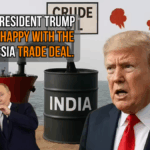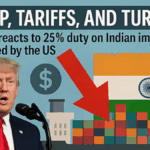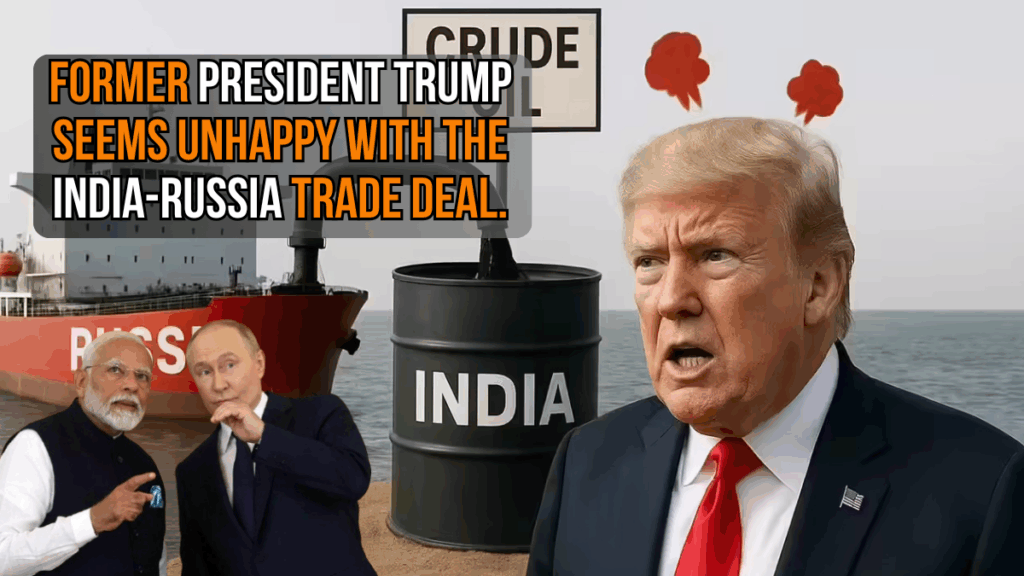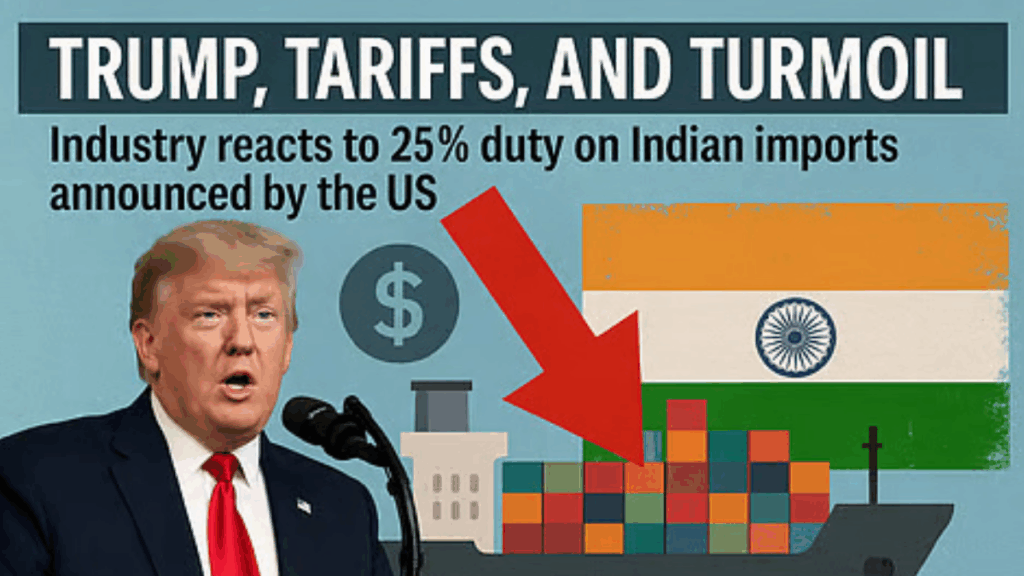China has formally welcomed Prime Minister Narendra Modi’s upcoming visit to Tianjin for the Shanghai Cooperation Organisation (SCO) Summit, scheduled from August 31 to September 1, 2025. This visit marks PM Modi’s first trip to China since 2019, highlighting renewed efforts at multilateral engagement amid rising global tensions.
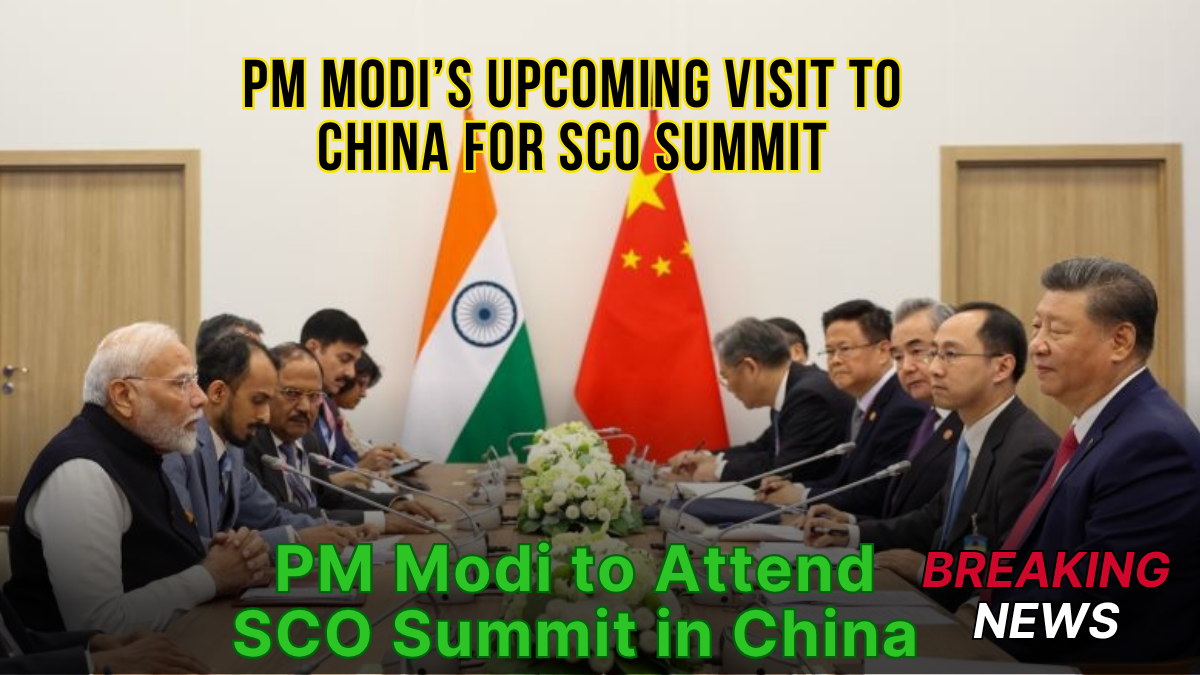
Chinese Foreign Ministry spokesperson Guo Jiakun described the summit as a “gathering of solidarity and friendship,” reflecting China’s optimism for strengthened cooperation among member nations.
Summary: PM Modi’s SCO Summit Visit

Key Detail |
Information |
|---|---|
Summit Name |
Shanghai Cooperation Organisation (SCO) Summit 2025 |
Location |
Tianjin, China |
Dates |
August 31 – September 1, 2025 |
Indian Representation |
Prime Minister Narendra Modi |
China’s Response |
Welcomed PM Modi’s visit as a sign of solidarity and friendship |
Key Context |
US criticism of BRICS nations for Russian oil trade |
Recent Precursor Visits |
Defence Minister Rajnath Singh, NSA Ajit Doval, EAM S. Jaishankar |
Controversy |
India refused to sign SCO defence document omitting Pahalgam attack |
Official SCO Website |
What is the SCO Summit?
The Shanghai Cooperation Organisation (SCO) is a Eurasian political, economic, and security alliance, currently comprising nine member states:
- China
- India
- Russia
- Pakistan
- Iran
- Kazakhstan
- Kyrgyzstan
- Tajikistan
- Uzbekistan
Formed in 2001, the SCO aims to enhance regional cooperation, address security threats, and facilitate economic development across member nations.
The 2025 summit in Tianjin will feature leaders and representatives from over 20 countries, making it one of the most significant global forums in the current geopolitical climate.
Significance of PM Modi’s Visit
1. First Visit to China Since 2019
PM Modi’s participation in the summit signals a potential thaw in India-China ties, especially following border tensions in recent years. It is also the highest-level Indian engagement with China since the pandemic.
2. Reinforcing India’s Strategic Voice
As a founding member of the SCO, India’s active participation showcases its commitment to regional stability, anti-terrorism efforts, and economic collaboration.
3. Addressing Multipolar Dynamics
PM Modi’s presence sends a diplomatic signal amid shifting global alliances, especially as India navigates relationships with both Western allies and Eurasian partners like Russia, China, and Iran.
Backdrop: Global and Regional Tensions
The summit comes amid critical geopolitical developments:
1. BRICS and Russian Oil Trade
US President Donald Trump has criticized BRICS countries, including India and China, for continuing to import oil from Russia, despite Western sanctions. The SCO includes several BRICS nations, making the summit a sensitive platform for energy and trade discussions.
2. India’s Stand on SCO Defence Document
In June 2025, India refused to sign an SCO defence ministers’ joint document. Sources cited India’s objection to the omission of the Pahalgam terror attack, which killed 26 people, while the document mentioned unrest in Pakistan’s Balochistan.
This disagreement underscores India’s strong position on terrorism and its refusal to endorse selective narratives.
3. China’s Condemnation of Pahalgam Attack
In a rare move, China condemned the Pahalgam attack in July 2025, calling for enhanced regional counterterrorism cooperation, which was seen as a diplomatic alignment with India’s security concerns.
Recent Indian Delegations to China
PM Modi’s visit follows a series of high-profile engagements by top Indian officials in China, demonstrating continuous diplomatic dialogue:
- Defence Minister Rajnath Singh
- National Security Advisor Ajit Doval
- External Affairs Minister S. Jaishankar
These visits laid the groundwork for Modi’s participation and are part of broader efforts to stabilize India-China relations and strengthen SCO-level cooperation.
Expected Outcomes of the Summit
1. Multilateral Dialogue
Leaders are expected to discuss pressing global challenges, including:
- Energy security
- Counterterrorism
- Supply chain stability
- Regional peacekeeping
2. Bilateral Meetings
While the official schedule is yet to be confirmed, bilateral meetings between India and China, as well as India and Russia, are likely to occur on the sidelines of the summit.
3. Strengthening the SCO Charter
India may push for a stronger anti-terrorism framework, especially after controversies around selective reporting in SCO defence documents.
Diplomatic Messaging and Future Prospects
PM Modi’s attendance reinforces India’s belief in multipolar diplomacy, especially in Eurasia, where both economic and security interests are rising.
At a time when India is balancing ties between the West (G7, Quad) and the East (BRICS, SCO), such forums allow India to assert its strategic autonomy without compromising its national interests.
Frequently Asked Questions (FAQs)
Q1. When and where is the SCO Summit 2025 being held?
Ans. The SCO Summit is scheduled from August 31 to September 1, 2025, in Tianjin, China.
Q2. Will Prime Minister Modi attend the SCO Summit?
Ans. Yes, PM Narendra Modi will attend, marking his first visit to China since 2019.
Q3. What is the significance of the SCO for India?
Ans. The SCO is crucial for India’s regional diplomacy, anti-terrorism cooperation, and economic partnerships across Central and South Asia.
Q4. Why did India not sign the SCO defence ministers’ statement?
Ans. India refused to sign because the statement omitted mention of the Pahalgam terror attack, which India viewed as an important regional security issue.
Q5. Where can I get official updates on the SCO Summit?
Ans. Visit the official SCO website: https://eng.sectsco.org
Conclusion: A Step Towards Regional Engagement
Prime Minister Modi’s visit to China for the SCO Summit 2025 is more than a symbolic gesture; it is a reaffirmation of India’s commitment to multilateralism, regional stability, and strategic diplomacy.
Amid complex global dynamics and regional sensitivities, India’s active engagement with the SCO reflects its vision of an inclusive and peaceful Eurasian neighborhood. The Tianjin summit may set the tone for future cooperation and dialogue between India and its strategic partners in the region.
For More Information Click Here


